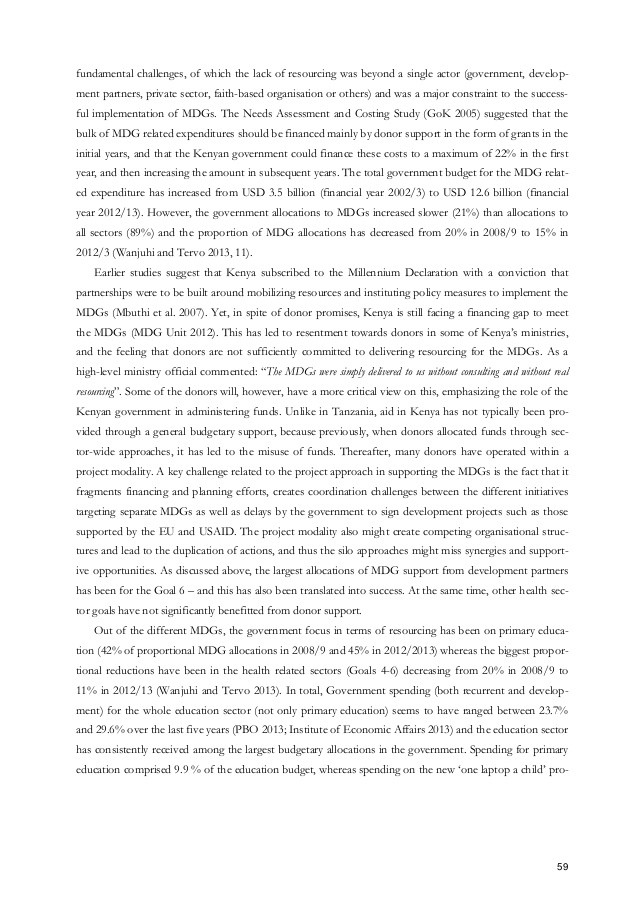Debate Argument RESOLVED Private sector investment in human space exploration is preferable to
Post on: 16 Март, 2015 No Comment

Con
To begin the debate, I wish to clarify some of the terms stated in the resolution. Private sector investment refers to organizations run by private individuals or groups in order to profit. Human space exploration refers to space flight with humans on the spacecraft. The word preferable means having greater value or desirability according to the Merriam-Webster Dictionary. Public sector investment refers to investment from the government of a state. The negative finds value in public sector investment, but finds that it holds disadvantages that prevent it from being preferable to public sector investment. Whereas private sector investors are concerned primarily with increasing profit, the public sector has an interest in gaining knowledge for the good of the people. Private companies do not have the ability to negotiate in diplomatic matters concerning international space flight. It is for these reasons that I urge you to negate the resolution Resolved: Private sector investment in human space exploration is preferable to public sector investment.
Contention 1: Whereas private sector investors are concerned primarily with increasing profit, the public sector has an interest in gaining knowledge for the good of the people. This can be seen very clearly in the current selection of private investors in manned space flight. Richard Branson’s Virgin Galactic carried the first humans to space in a privately developed and operated vehicle. The plans for Virgin Galactic are to cater to so-called space tourists who will pay grand sums of money to be flown into space. These hardly represent any leaps in space-flight technology, and though there may be marginal scientific advances, there is no motivation for these companies to break new ground. NASA, however, has been instrumental in the development of everything from water filters to cordless tools to safety grooving on roads and runways. Because state-run space exploration does not have a motivation to profit, it can work to make new scientific discoveries in a way that private companies will never be able to justify to their investors.

Contention 2: Private companies do not have the ability to negotiate in diplomatic matters concerning international space flight. Because space flight takes place in a volume that is not claimed by nations, the possibility for international conflict is a great likelihood. While only the United States, USSR/Russia and China have sent humans into space, India, Ecuador, Japan, Iran and Malaysia all have human spaceflight programs. This presents a diplomatic issue that private companies may not have the capacity to negotiate. In addition, private companies might unintentionally involve their host nation in a diplomatic situation by virtue of infringing on another country’s space program. Though space flight seems old to Americans and Russians, it is a relatively new venture for many nations. As we have yet to see how nations cooperate in space, private space exploration seems unwise at this venture.
It is clear that private investment is unlikely to lead to great breakthroughs in science, but rather will focus on making profits for its investors. Because public sector investment is not specifically concerned with making a profit, it has more freedom to seek scientific discoveries which can aid the public. It is also evident that private investors could pose a diplomatic problem with more states developing space programs. As more spacecraft leave Earth’s mesosphere, more potential for international conflict arise, and private companies are ill-equipped to handle such conflicts. Private sector investment may have a place in human space exploration, but for the moment, it is certainly not preferable to public sector investment. For these reasons I urge a negative ballot.














